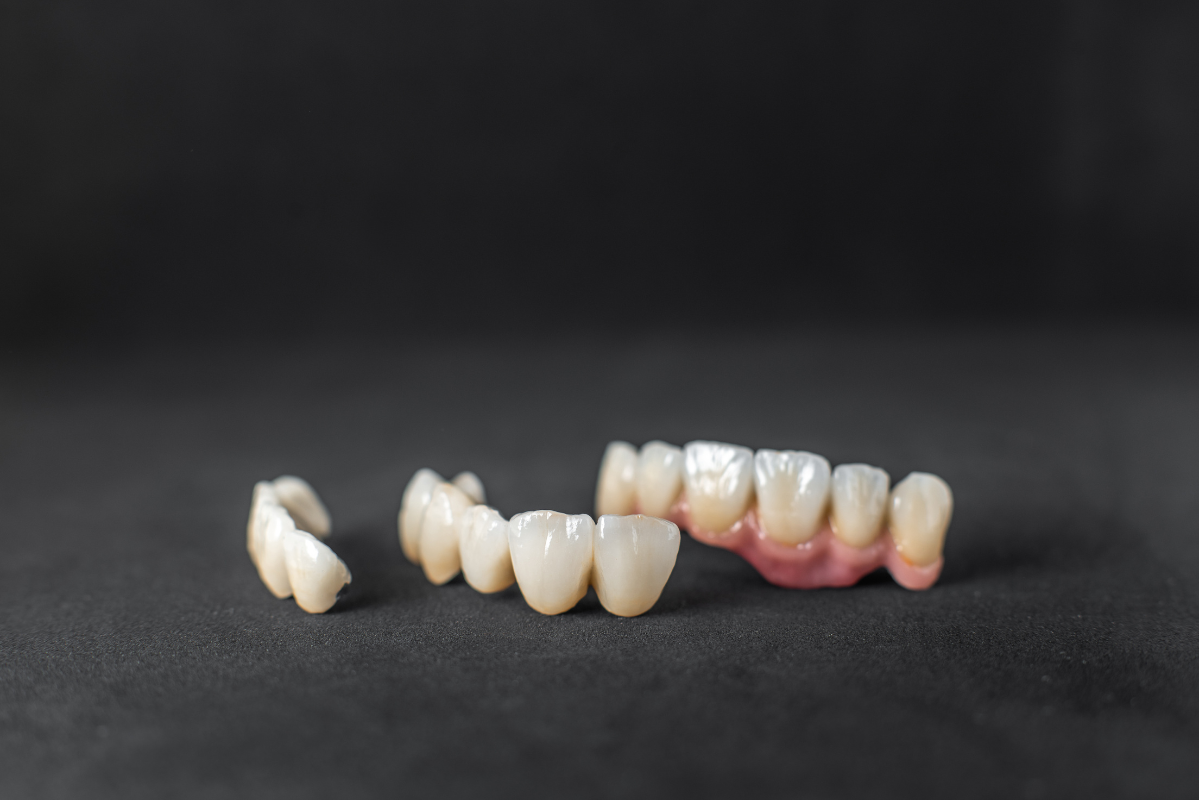
Immediate vs. Non-critical Dental Emergencies: How to Tell the Difference
October 26, 2023
dental emergency
Dental emergencies can be distressing, and knowing how to distinguish between immediate and non-critical situations can make all the difference in seeking timely care. If you reside in Matthews, North Carolina, understanding when to seek urgent dental care can help you navigate such situations effectively. This comprehensive guide will explore the key factors differentiating immediate dental emergencies from non-critical issues and discuss the essential steps to take in both cases.
Dental Emergencies
Dental emergencies encompass many conditions, but they all share a common trait: they require prompt attention from a dental professional. A few of the frequently encountered dental emergencies include:
– Severe Toothaches: When a toothache becomes excruciating and is accompanied by swelling or fever, it may indicate an infection that requires immediate care.
– Knocked-Out Tooth: If a tooth is dislodged due to an accident or injury, promptly acting is critical, as swift measures can potentially preserve the tooth.
– Broken or Fractured Teeth: A fractured or broken tooth can expose sensitive nerves and pulp, leading to severe pain and infection if left untreated.
– Oral Bleeding: Uncontrolled oral bleeding necessitates urgent attention, whether from a traumatic injury or other causes.
– Abscesses or Swelling: An abscess is a pocket of pus that can develop inside the teeth or gums. It often presents with swelling and intense pain, requiring immediate care.
Urgent Dental Care
Knowing where to turn for help is crucial when encountering a dental emergency in Matthews. Seek an emergency dentist who specializes in addressing these urgent situations. Many dental offices offer emergency dental services to provide the prompt care you need.
Immediate Dental Emergencies
Certain dental emergencies require immediate attention. Here’s how to recognize them:
a. Severe Toothache: If you experience a sudden, severe toothache, especially one accompanied by swelling, fever, or difficulty breathing and swallowing, seek immediate dental care. This could be a sign of a dental abscess or infection that may spread to other parts of your body if left untreated.
b. Knocked-Out Tooth: When a tooth gets knocked out, try to re-implant it gently into its socket, if possible, and hold it in place while heading to the dentist. Swift action plays a vital role in preserving a dislodged tooth.
c. Fractured or Broken Teeth: A fractured tooth that causes intense pain or exposes the inner pulp requires immediate dental attention. Rinse your mouth with warm water, apply a cold compress to reduce swelling, and get to the dentist as soon as possible.
d. Uncontrolled Bleeding: If oral bleeding doesn’t stop after applying gentle pressure with a clean cloth or gauze for 10-15 minutes, seek immediate care. This could be due to a severe injury or another underlying issue.
e. Swelling or Abscess: Facial swelling, especially when accompanied by severe pain and fever, may indicate an oral abscess or a dental emergency. To prevent the infection from spreading, seeking care promptly is essential.
Non-Critical Dental Issues
Not all dental problems require immediate attention. Some issues can be managed with self-care or by scheduling a non-urgent appointment with your regular dentist in Matthews. Here are some non-critical dental issues:
a. Minor Toothaches: Mild or occasional toothaches that don’t involve swelling, fever, or difficulty breathing can typically be addressed during regular office hours.
b. Chipped Teeth: If you chip a tooth, but it doesn’t cause severe pain or exposure to the inner pulp, you can schedule an appointment with your dentist for evaluation and repair.
c. Lost Filling or Crown: While losing a filling or crown may cause discomfort, it is usually not an immediate emergency. You can make an appointment with your dentist to have it replaced.
d. Orthodontic Issues: Problems with braces or other orthodontic appliances that aren’t causing severe pain can generally wait until your next orthodontic appointment.
Dental First Aid
Before you can reach an emergency dentist in Matthews, there are some immediate steps you can take to alleviate pain and mitigate damage:
– Toothache: Rinse your mouth with warm water, floss to remove debris, and take over-the-counter pain relievers as directed.
– Knocked-Out Tooth: Keep the tooth moist by placing it in milk or saliva (not water) and avoid touching the root. Re-implant the tooth gently if possible.
– Fractured or Broken Teeth: Rinse your mouth with warm water and apply a cold compress to the affected area to reduce swelling.
– Uncontrolled Bleeding: Apply gentle pressure with clean gauze or cloth for 10-15 minutes.
– Swelling or Abscess: Rinse your mouth with warm saltwater and use a cold compress to reduce swelling.
Seeking Dental Services
If you’re facing a dental emergency in Matthews, you must connect with professionals who understand the urgency and can provide the appropriate care. Look for an emergency dentist or dental office that offers prompt appointments and has experience handling dental emergencies.
Local Dentist for Non-Critical Issues
For non-critical dental issues, scheduling an appointment with your regular dentist is advisable. They can provide a comprehensive assessment and appropriate treatment plan to address your dental concerns.
Dental Treatment Options
Depending on the nature of your dental emergency or non-critical issue, your dentist will recommend suitable treatment options. These may include procedures such as root canal therapy, dental extractions, crowns, fillings, or antibiotics to address infections.
Dental Consultation for Emergencies
When in doubt about the urgency of your dental issue, consider scheduling a consultation with a Matthews dentist. They can assess your condition, provide guidance, and determine whether immediate or non-urgent care is necessary.
When facing dental issues, understanding the difference between immediate and non-critical dental emergencies is vital for Matthews, North Carolina residents. By recognizing the signs and taking appropriate action, you can ensure that you receive the right care promptly, preserving both your oral health and peace of mind. Remember that when in doubt, it’s always a good idea to seek professional guidance from a dental professional specializing in emergency care.
More Blog Posts
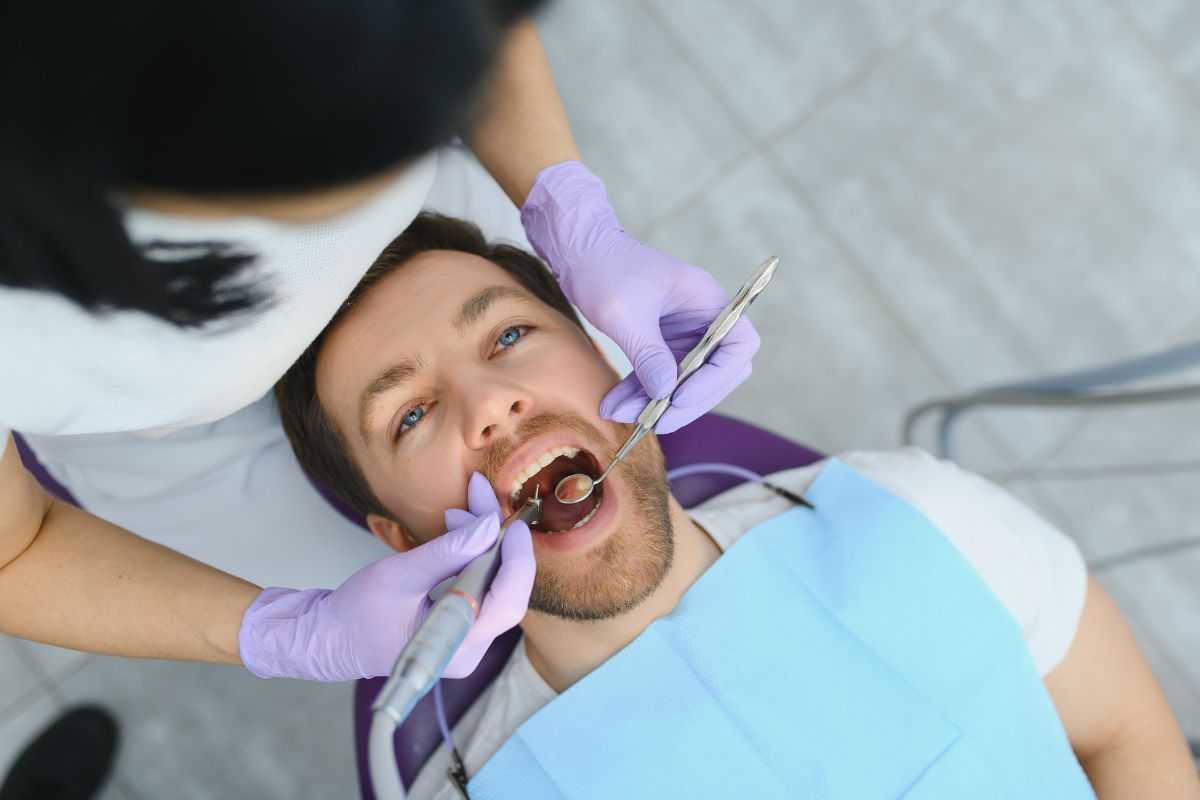
Composite vs. Amalgam Fillings: Which Is Better for Your Smile?
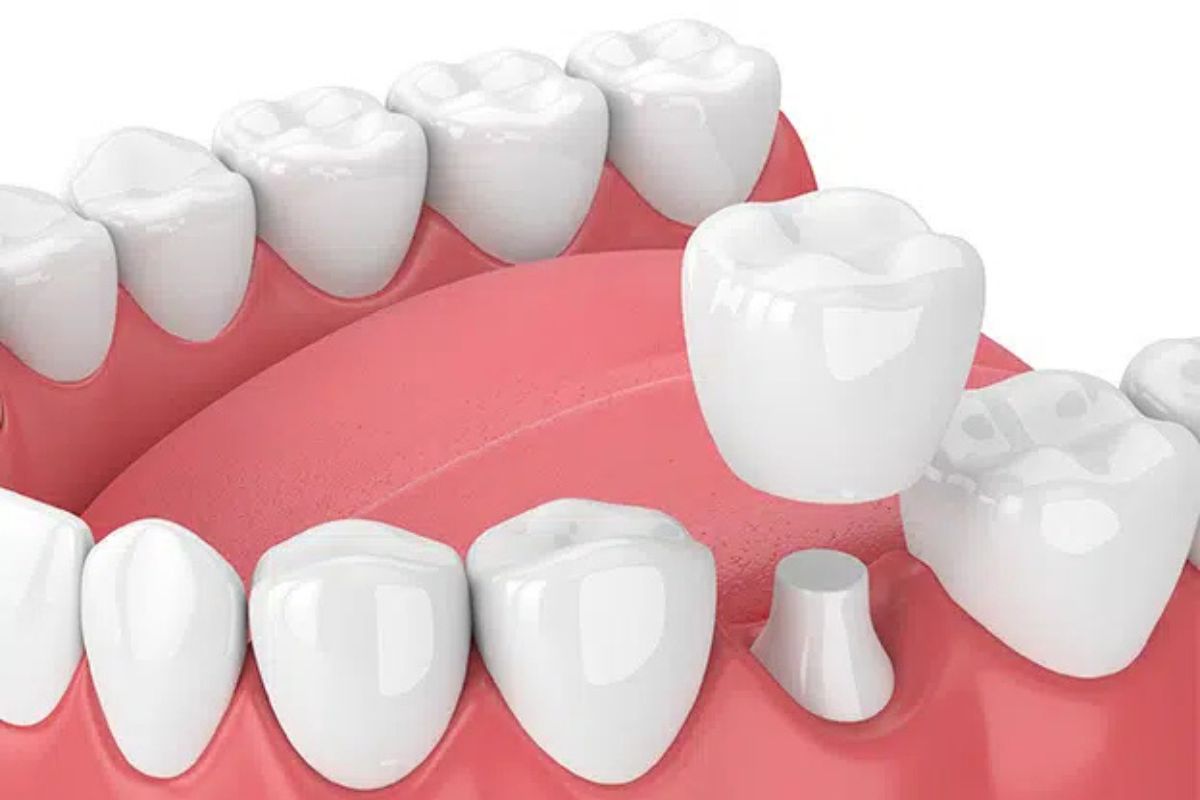
How to Know When Your Dental Crown Needs Replacement
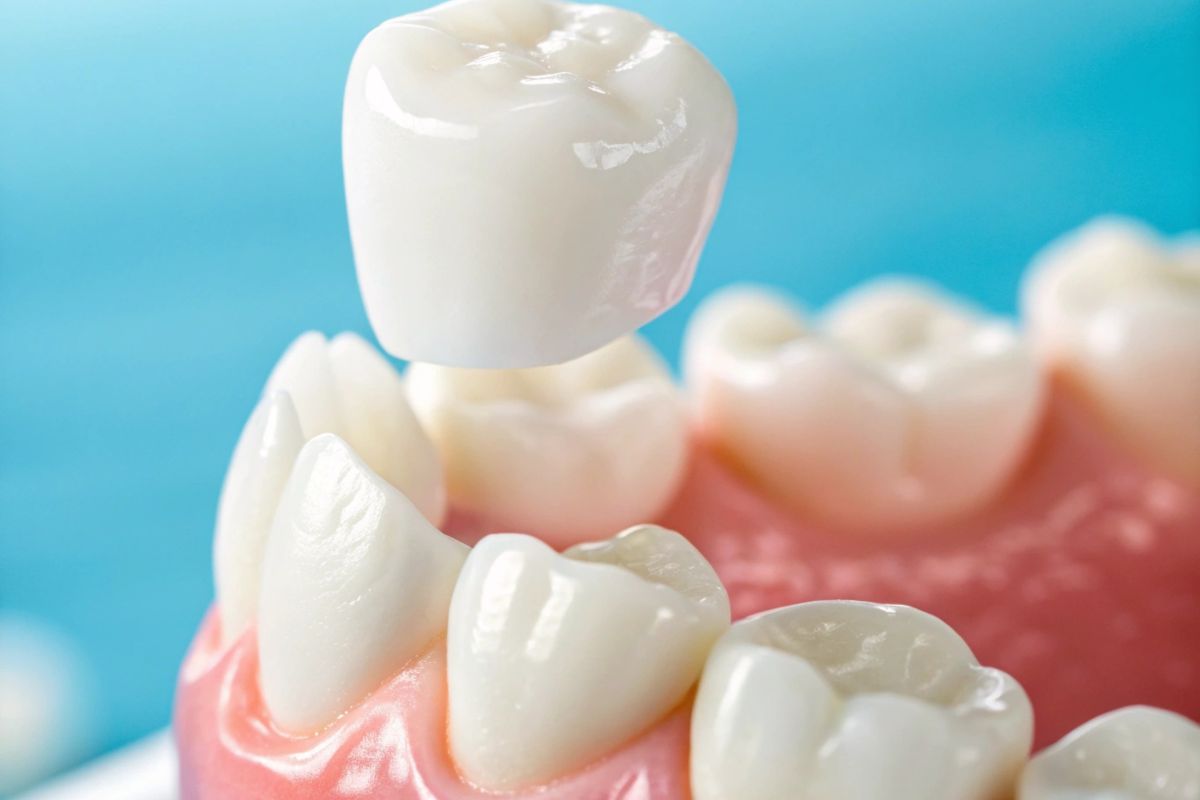
Dental Crown Problems & How to Fix Them
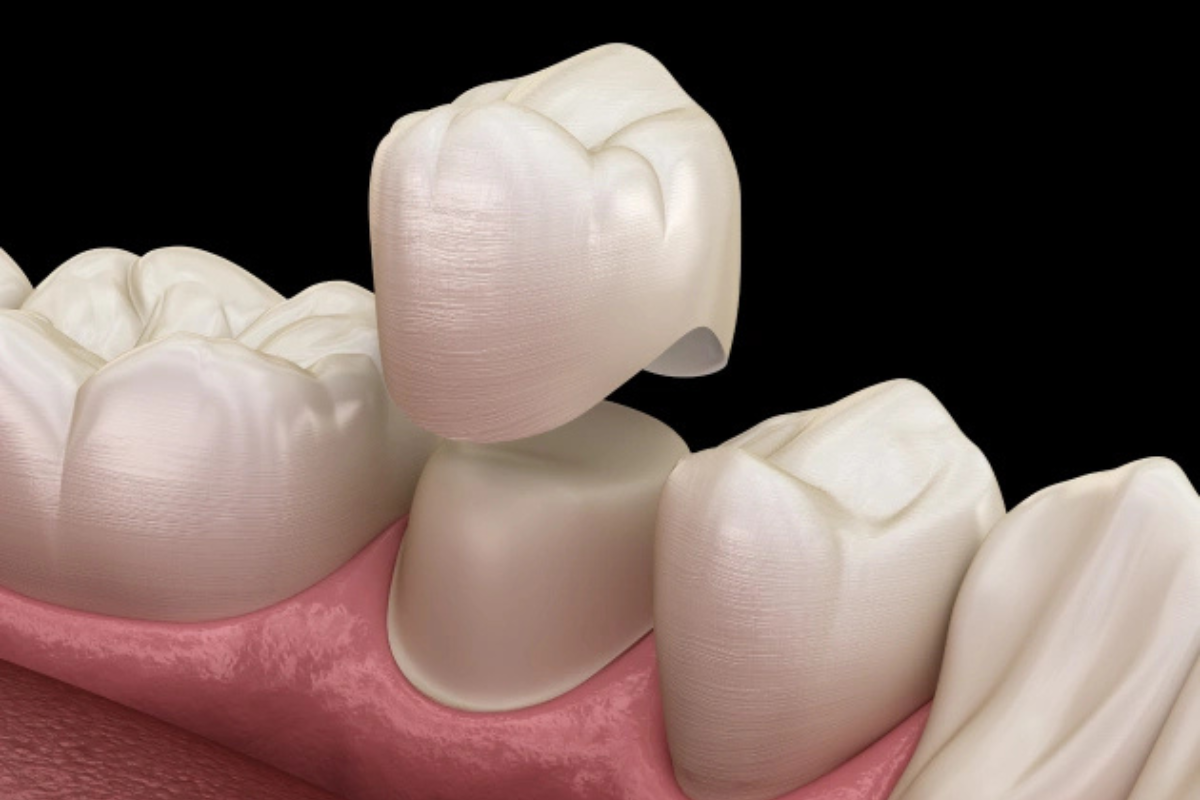
Caring for Your Dental Crowns: Do’s and Don’ts
